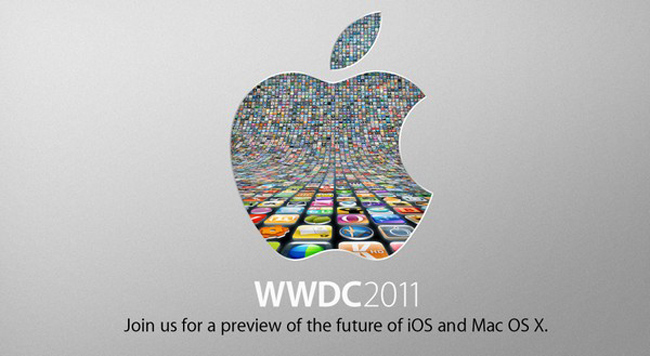

Apple Insider has had its face pressed up against the window of the building and in the process spotted a large banner in the lobby. On the banner are three logos – one for the forthcoming Lion operating system for Mac PCs, another for the latest version of its mobile operating system – iOS 5, and one for its cloud-based music offering – iCloud. As for the cloud, well, it looks a bit on the cumulus nimbus side, and consists of a simple black outline on a silver background. It’s nice to be able to finally put a face to a name.

Earlier today it was reported that Apple had signed a deal with the last of the four major music companies, Universal Music, giving the green light for the launch of iCloud next week. Deals have already been struck with Sony, EMI and Warner Music Group. Details of the forthcoming cloud-based music service, such as whether consumers will have to pay to use it, are currently scant, but all will no doubt be revealed next week.
Apple’s iCloud offering will line up alongside similar existing services from Google and Amazon. Those two companies, however, have not yet signed deals with the music companies, which has left them somewhat restricted in what their respective services can offer consumers. Users of their services, for example, have to spend time loading their music onto remote servers, whereas it’s thought that, thanks to the deals with the music companies, users of iCloud will simply have their hard drives scanned thereby allowing users to access digital copies of their music on Apple servers.


